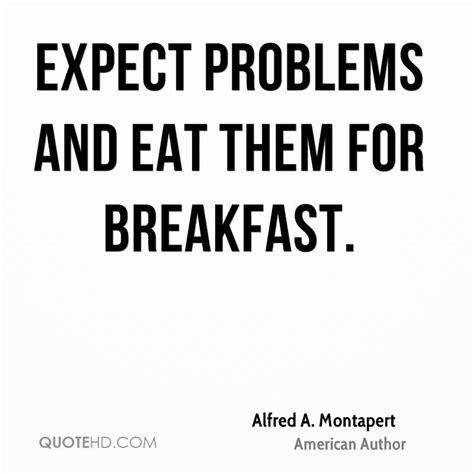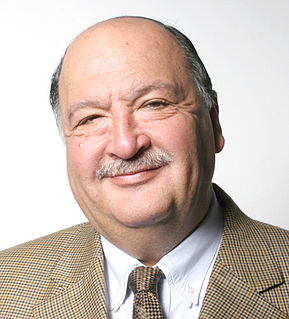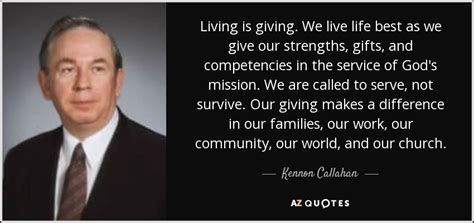A Quote by Earl Nightingale
Our environment, the world in which we live and work, is a mirror of our attitudes and expectations.
Quote Topics
Related Quotes
Our environment, the world in which we live and work, is a mirror of our attitude and expectations. If we feel that our environment could stand some improvement, we can bring about that change for the better by improving our attitude. The world plays no favorites. It's impersonal. It doesn't care who succeeds and who fails. Nor does it care if we change. Our attitude toward life doesn't affect the world and the people in it nearly as much as it affects us.
Question: Why are we Masters of our Fate, the captains of our souls? Because we have the power to control our thoughts, our attitudes. That is why many people live in the withering negative world. That is why many people live in the Positive Faith world. And you don't have to be a poet or a philosopher to know which is best.
Humanity is a biological species, living in a biological environment, because like all species, we are exquisitely adapted in everything: from our behavior, to our genetics, to our physiology, to that particular environment in which we live. The earth is our home. Unless we preserve the rest of life, as a sacred duty, we will be endangering ourselves by destroying the home in which we evolved, and on which we completely depend.
Eighty-three percent of our students are Pell Grant-eligible, which means, by and large, that their families have a dysfunctional relationship with wealth and with work. So if you have never been in an environment where you have come to understand the expectations of a career, because all you have ever seen is people be underemployed or unemployed, then how are you going to learn that? Our students are getting two forms of education. They're getting a rigorous liberal arts training, and they're also getting real world work experience.
We live in an extraordinary time. We are caught up in a pace of social and technological change that makes our work, our business and education, sources of anxiety and unfulfillment. Thinking about our thinking and observing our observations can bring us a new world in which work becomes a place for innovation, and in which peace, wisdom, friendship, companionship and community can exist. Let us design this world together.
'Environment' is not an abstract concern, or simply a matter of aesthetics, or of personal taste - although it can and should involve these as well. Man is shaped to a great extent by his surroundings. Our physical nature, our mental health, our culture and institutions, our opportunities for challenge and fulfillment, our very survival - all of these are directly related to and affected by the environment in which we live. They depend upon the continued healthy functioning of the natural systems of the Earth.
Do you think that we're products of our environments? I think so, or maybe products of our expectations. Others' expectations of us or our expectations. I mean others' expectations that you take on as your own. I realize how difficult it is to seperate the two. The expectations that others place on us help us form our expectations of ourselves.
There are various art forms we may or may not have talent for, may or may not have time for, and we may or may not be able to express ourselves in, but we ought to consider this fact-that whether we choose to be an environment or not, we are. We produce an environment other people have to live in. We should be conscious of the fact that this environment which we produce by our very 'being' can affect the people who live with us or work with us.


































